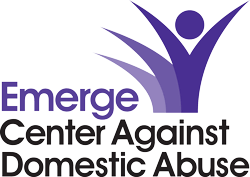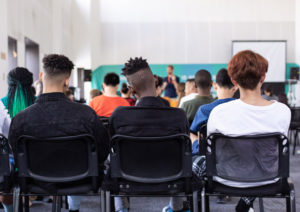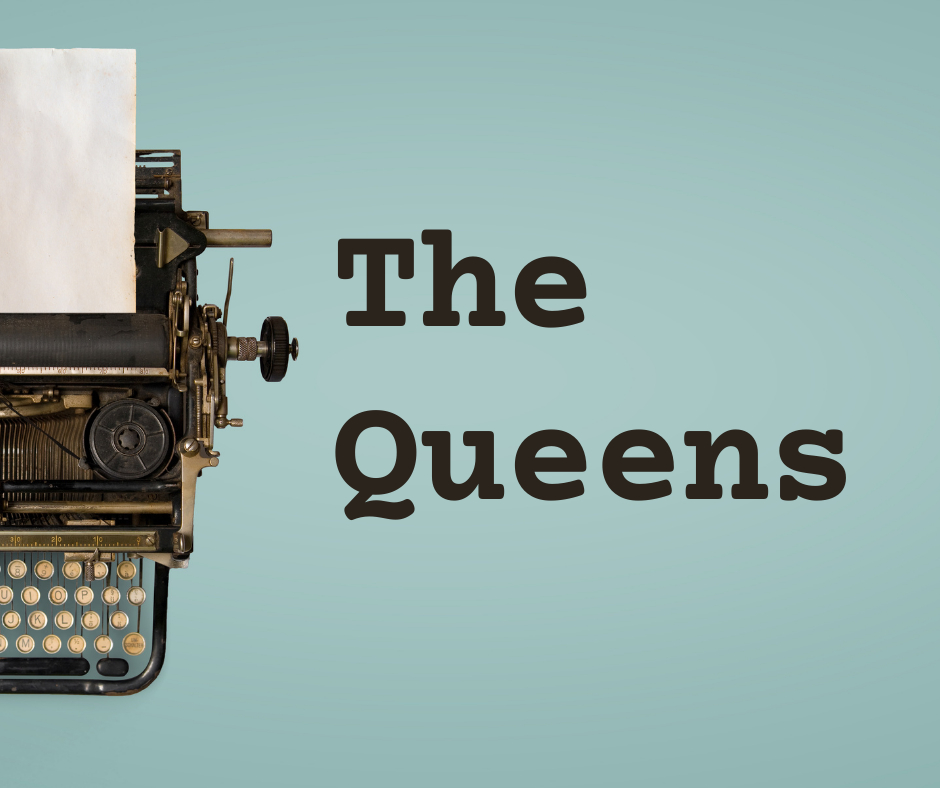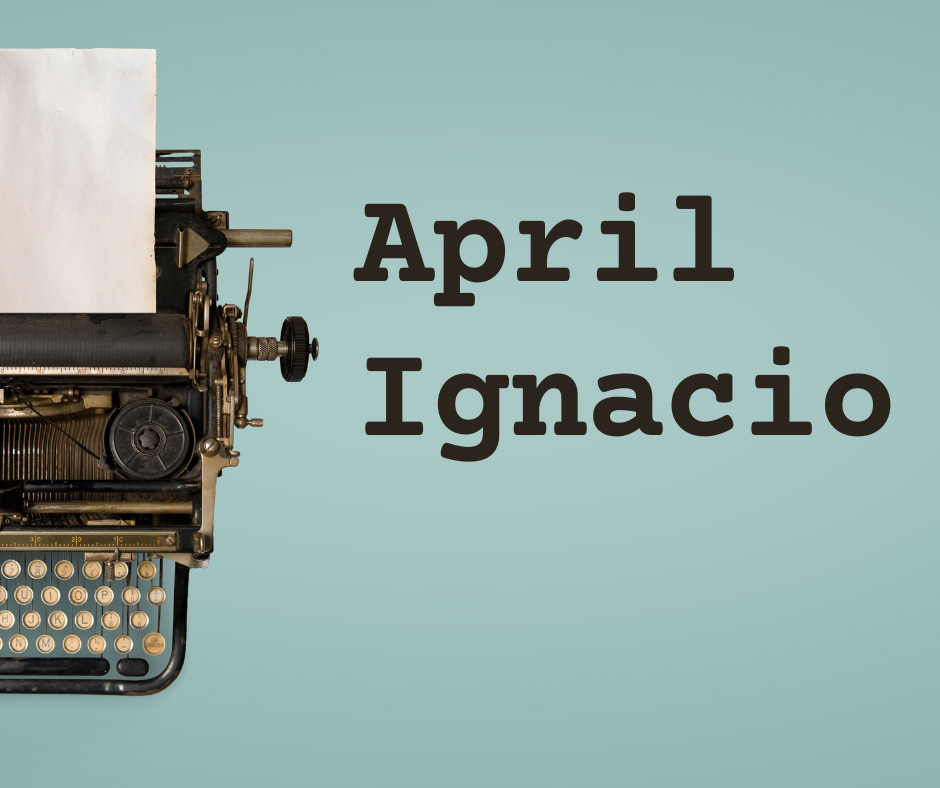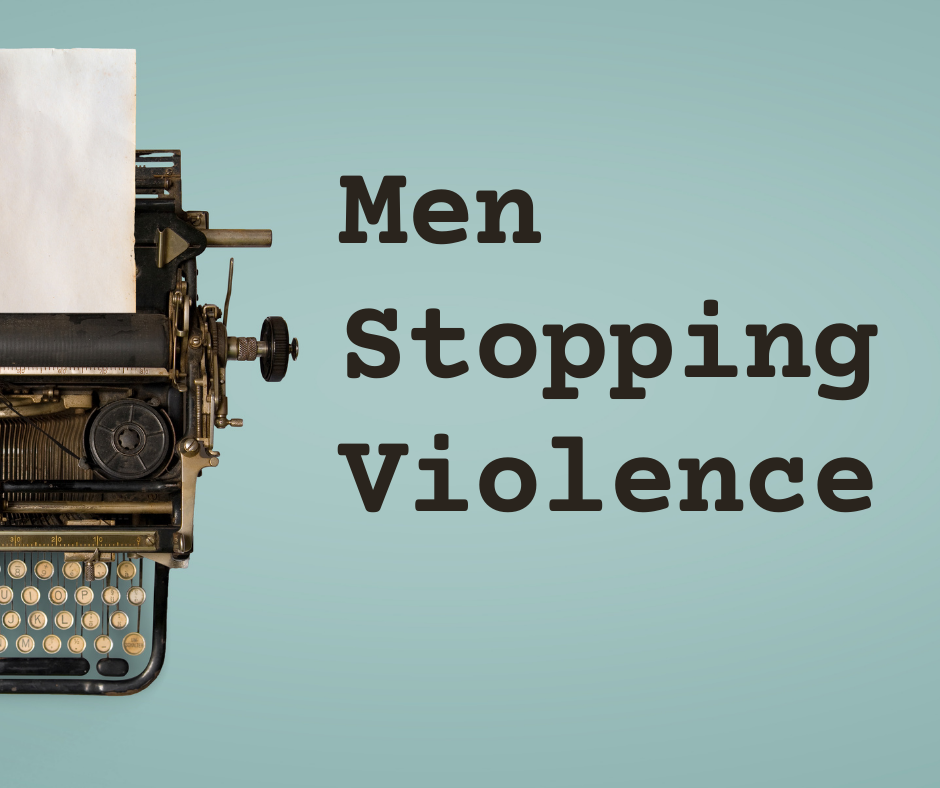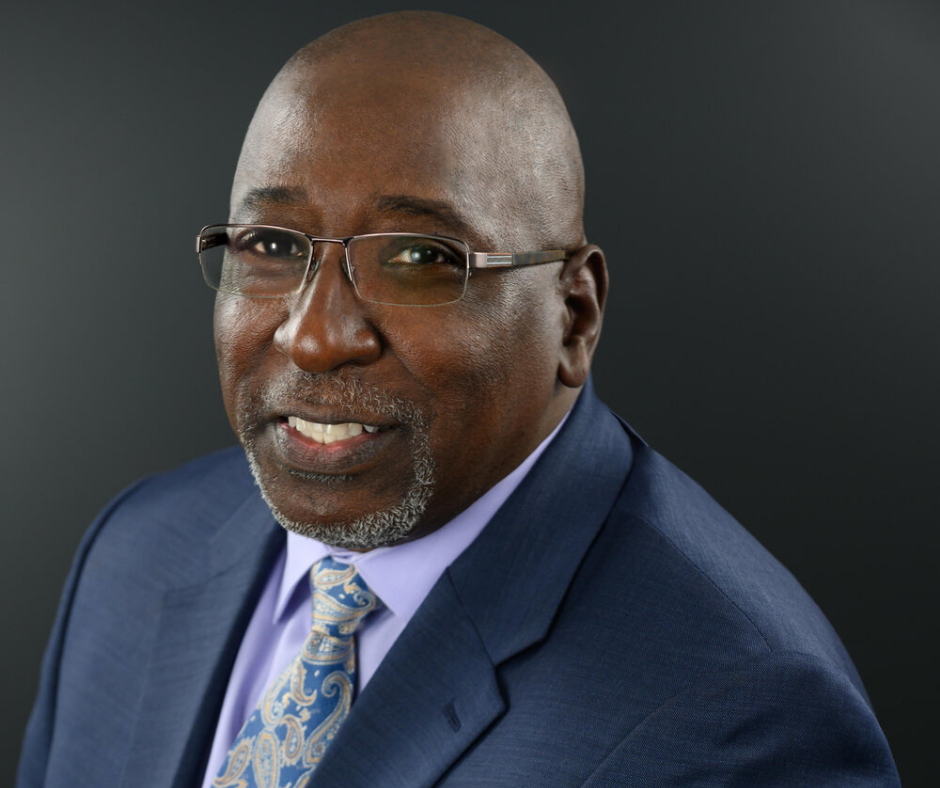Written by Anna Harper-Guerrero
Emerge has been in a process of evolution and transformation for the last 6 years that is intensely focused on becoming an anti-racist, multicultural organization. We are working every day to uproot anti-blackness and confront racism in an effort to return to the humanity that lives deep within all of us. We want to be a reflection of liberation, love, compassion and healing – the same things we want for anyone suffering in our community. Emerge is on a journey to speak the untold truths about our work and have humbly presented the written pieces and videos from community partners this month. These are important truths about the real experiences that survivors have trying to access help. We believe that in that truth is the light for the way forward.
This process is slow, and every day there will be invitations, both literal and figurative, to revert to what has not served our community, served us as the people who make up Emerge, and that which has not served survivors in the ways that they deserve. We are working to center the important life experiences of ALL survivors. We are taking responsibility for inviting courageous conversations with other non-profit agencies and sharing our messy journey through this work so that we can replace a system born out of a desire to categorize and dehumanize people in our community. The historical roots of the non-profit system cannot be ignored.
If we pick up on the point made by Michael Brasher this month in his piece about rape culture and the socialization of men and boys, we can see the parallel if we choose to. “The implicit, often unexamined, set of values contained in the cultural code to ‘man up’ are a part of an environment in which men are trained to disconnect from and devalue feelings, to glorify force and winning, and to viciously police each other’s ability to replicate these norms.”
Much like the roots of a tree that provides support and anchorage, our framework is embedded in values that ignore the historical truths about domestic and sexual violence as being an outgrowth of racism, slavery, classism, homophobia, and transphobia. These systems of oppression give us permission to disregard the experiences of Black, Indigenous, and People of Color – including those who identify in the LGBTQ communities – as having less value at best and non-existent at worst. It is risky for us to assume that these values still don’t seep into the deep corners of our work and influence everyday thoughts and interactions.
We are willing to risk it all. And by all we mean, tell all the truth about how domestic violence services have not accounted for the experience of ALL survivors. We have not considered our role in addressing racism and anti-blackness for Black survivors. We are a non-profit system that has created a professional field out of the suffering in our community because that is the model that was built for us to operate within. We have struggled to see how the very same oppression that leads to unconscionable, life-ending violence in this community has also insidiously worked its way into the fabric of the system designed to respond to survivors of that violence. In its current state, ALL survivors cannot have their needs met in this system, and too many of us working in the system have engaged a coping mechanism of distancing ourselves from the realities of those who cannot be served. But this can, and must, change. We must change the system so that the full humanity of ALL survivor is seen and honored.
To be in reflection about how to change as an institution within complicated, deeply anchored systems takes great courage. It requires us to stand in the circumstances of risk and account for harm that we have caused. It also requires us to be precisely focused on the way forward. It requires us to no longer stay silent about the truths. The truths that we all know are there. Racism is not new. Black survivors feeling let down and invisible is not new. The numbers of Missing and Murdered Indigenous Women are not new. But our prioritization of it is new.
Black Women deserve to be loved, celebrated, and lifted up for their wisdom, knowledge, and accomplishments. We must also acknowledge that Black Women have no choice but to survive in a society that was never intended to hold them as valuable. We must listen to their words about what change means but fully assume our own responsibility in identifying and addressing the injustices that happen daily.
Indigenous Women deserve to live freely and be revered for all that they have woven into the earth that we walk on – to include their very bodies. Our attempts to liberate Indigenous communities from domestic abuse must also include our ownership of the historical trauma and truths that we readily hide about who planted those seeds on their land. To include ownership of the ways that we attempt to water those seeds daily as a community.
It is okay to tell the truth about these experiences. In fact, it is critical to the collective survival of ALL survivors in this community. When we center those who are listened to the least, we ensure the space is open for everyone.
We can reimagine and actively build a system that has a great ability to build safety and hold the humanity of everyone in our community. We can be spaces where everyone is welcome in their truest, fullest self, and where everyone’s life has value, where accountability is seen as love. A community where we all have the opportunity to build a life free from violence.
The Queens is a support group that was created at Emerge to center the experiences of Black Women in our work. It was created by and is led by Black Women.
This week we proudly present the important words and experiences of the Queens, who journeyed through a process led by Cecelia Jordan over the last 4 weeks to encourage unguarded, raw, truth-telling as the pathway to healing. This excerpt is what the Queens chose to share with the community in honor of Domestic Violence Awareness Month.
